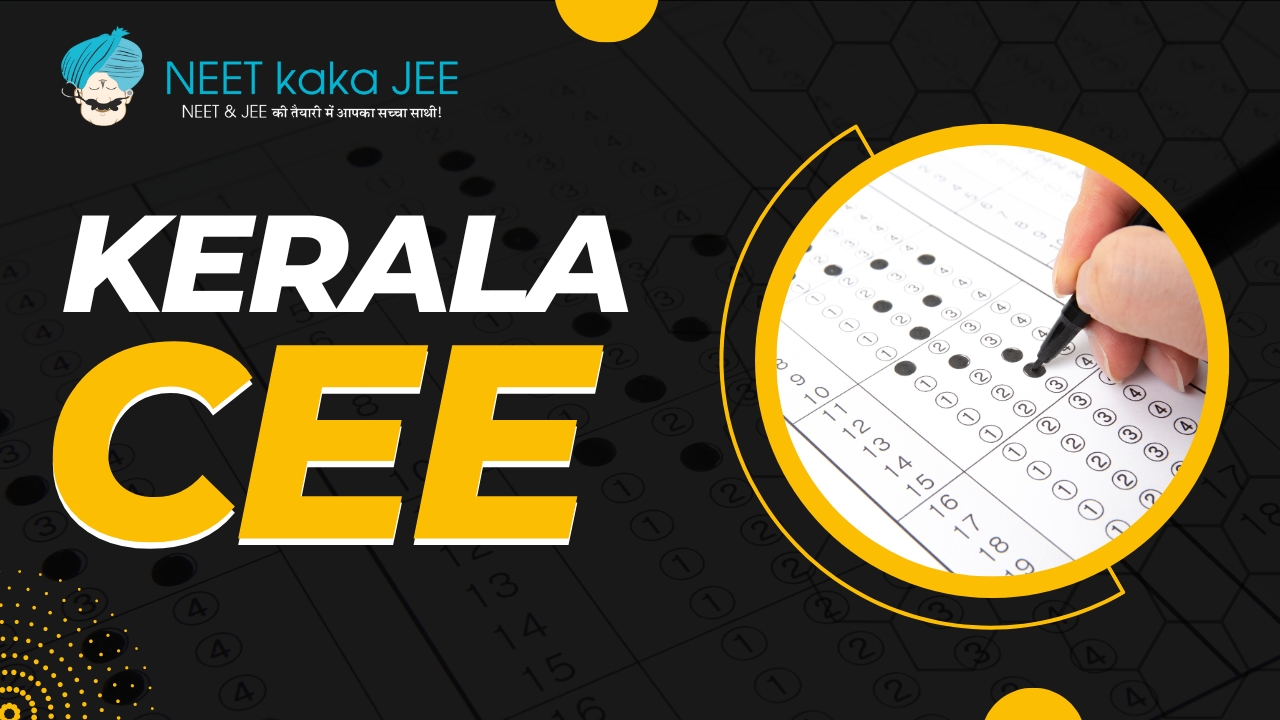Kerala CEE PYQ Paper (2008 - 2015)
Description
Kerala CEE
The Kerala CEE Medical Exam, formerly known as part of the Kerala Engineering Architecture Medical (KEAM) exam, was the entrance examination for admission to medical courses (MBBS, BDS, etc.) in Kerala. However, since the implementation of the National Eligibility cum Entrance Test (NEET), the medical admissions in Kerala are now based on NEET scores.
while the Kerala CEE no longer conducts a separate medical entrance exam, it plays a crucial role in the admission process by managing the counseling and seat allocation based on NEET scores.
Previous Year Question Papers (PYQs) of Kerala CEE exams are extremely important for several reasons. Here’s why Kerala CEE PYQs hold significant value for aspirants:
Importance of Kerala CEE PYQs
-
Understanding Exam Pattern:
- PYQs help students understand the structure of the exam, including the type of questions, distribution of marks, and the overall format.
- Familiarity with the exam pattern reduces anxiety and boosts confidence.
-
Identifying Important Topics:
- By analyzing PYQs, students can identify frequently asked questions and important topics that are often covered in the exam.
- This allows students to prioritize their study plan and focus on high-yield areas.
-
Practicing Time Management:
- Solving PYQs helps students practice managing their time effectively during the exam.
- It provides a realistic experience of the time constraints and helps students develop strategies to complete the exam within the allotted time.
-
Assessing Difficulty Level:
- PYQs give an idea of the difficulty level of the questions asked in the exam.
- Understanding the difficulty level helps students gauge their preparedness and adjust their preparation strategy accordingly.
-
Self-Assessment and Improvement:
- Regular practice with PYQs allows students to assess their knowledge and identify areas of weakness.
- Students can track their progress over time and focus on improving their weak areas.
-
Enhancing Problem-Solving Skills:
- PYQs often present a variety of problems and scenarios, helping students improve their problem-solving skills.
- Exposure to different types of questions enhances critical thinking and analytical abilities.
-
Building Exam Strategy:
- Practicing PYQs helps students develop an effective exam strategy, such as deciding which questions to attempt first, how to allocate time to different sections, and when to move on from a difficult question.
- A well-practiced strategy can significantly improve performance on exam day.
-
Boosting Confidence:
- Familiarity with the question pattern and regular practice can boost a student's confidence.
- Knowing what to expect reduces exam-day stress and helps students perform better.
How to Use PYQs Effectively
- Start Early: Begin practicing PYQs early in your preparation to identify and work on weak areas.
- Simulate Exam Conditions: Practice PYQs in a timed environment to simulate actual exam conditions.
- Analyze Mistakes: Review your answers, understand mistakes, and learn from them.
- Focus on Repeated Questions: Pay attention to questions that are repeated over the years, as they indicate important concepts.
- Combine with Other Resources: Use PYQs alongside textbooks, study guides, and mock tests for a comprehensive preparation strategy.
Accessing PYQs
- PYQs are often available on the official CEE Kerala website and in various exam preparation books.
- Many online platforms and coaching institutes provide collections of PYQs with solutions.
Incorporating PYQs into your study routine can significantly enhance your preparation for the Kerala CEE exams, leading to better performance and higher chances of securing admission to your desired course.
Loading...
